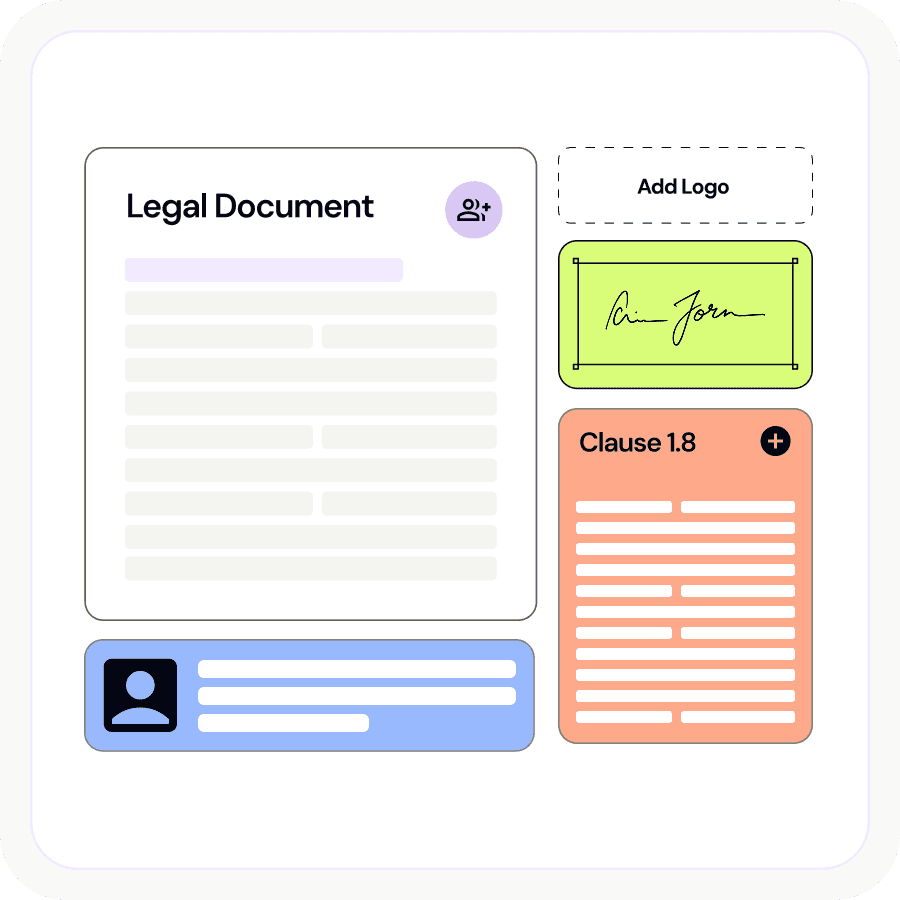As an employer running a business with employees, you may be wondering if you’re liable for their actions. Generally, employers are liable for all the actions of their employees. As a result, employers can be liable for employee negligence and any mistakes that they make.
This is because employees are acting on the employer’s behalf. Contrastingly as an employee, you may be wondering if you can be held liable for any mistakes you make due to negligence at work. There are some cases where employees themselves can be held personally liable for their actions.
In this article, we’ll outline when an employer is liable for an employee’s negligence, when employees are held liable for their actions, what to do when your employee makes a mistake and answers to other frequently asked questions.
Read along!
How can an employer be liable for the mistakes committed by their employees?
In general, employers are liable for the actions and mistakes of their employees during the course of their employment. This is due to vicarious liability. Vicarious liability refers to when an individual is held liable for the omissions or wrongful acts of another individual.
Due to vicarious liability, employers need to ensure that they provide their employees with proper training and guidance to avoid the legal consequences of being held liable for the employee’s act.
As an employer, you should be aware that you can be held liable for the actions of your employees outside of the workplace as well. The Australian Human Rights Commission state that employers can be held liable for the actions of the employees in the following situations outside the workplace:
- Events that the employer has sponsored, including work conferences, training workshops and seminars
- Social functions that the employer is hosting
- Business trips
- Field trips
Examples of vicarious liability:
- If an employee faces sexual harassment from their co-worker during a work business trip to attend a work-related conference while the employees of the business were staying at an apartment. The employer will be held liable for the employee’s actions.
- If you’re an employer of a small business that sells groceries and your employee makes a mistake that leads to another employee being injured due to not receiving sufficient and proper training, you will be held liable.
The exception to prevent an employer from being held liable for an employee’s action is if the employer can prove they took all reasonable steps to prevent the conduct of the employee.
What is joint liability?
Joint liability refers to when liability is shared between two individuals. In some cases, an employer and employee can both be held legally liable for the wrongful conduct of the employee. Joint liability can arise in cases involving the following:
- Bullying
- Harassment
- Discrimination
- Negligent acts
An exception to joint liability is if the employee displayed serious or wilful misconduct.
Can employees be held liable for mistakes they make?
The answer is yes, employees can be liable for the mistakes that they make when they’re held personally liable for their conduct.
When are employees held personally liable for their mistakes?
Personal liability can also arise in cases of employee negligence, particularly if that employee is a professional. Cases where employees are typically held personally liable usually involve employee misconduct, such as the following:
- Where an employee provides improper advice
- Where an employee provides deceiving information
- Where an employee provides misleading information
- Where the employee’s conduct results in damages to a party
Furthermore, an employee can be held personally liable in situations where they have obtained confidential information and intellectual property without the consent of the employer. In addition, both of these examples would generally involve a breach of contract.
Under SafeWork, all employees have a general duty of care to behave in a way that is not dangerous or harmful to themselves or others. The majority of workplaces have work health and safety requirements implemented to prevent workplace accidents, such as a drugs and alcohol policy.
An employee will be held personally liable for any injury or damage they cause by behaving recklessly in the following ways:
- Misusing work equipment
- Ignoring workplace hazards
- Ignoring WHS instructions
Employees should be aware that this type of behaviour can lead to criminal prosecution. Furthermore, employees can be held personally liable if they are negligent or engage in misconduct, provided their employer took all steps to prevent harm from occurring.
How to protect yourself against employee liability?
As an employee, your protection against liability should begin at the start of your employment through your employment contract. You should ensure you have adequate protection under the contract so that you are protected against claims for personal liability.
To ensure you’re properly protected against liability from the contract, you could hire a lawyer to review the employment contract.
Furthermore, if you have a personal liability claim against you, then you may be able to claim damages from your employer if you were performing a duty instructed by them. These situations are covered under the Employees Liability Act 1991 (NSW). However, these instances don’t include breaches under the Trade Practices Act or the Fair Trading Act.
The majority of protection provided to employees is their employer’s responsibility. Employers need to ensure that their workplace practices don’t go against relevant legislation or any other rules and regulations. Employers should also get public liability insurance to protect the company and employees from claims for damage to property and also personal injury to third parties.
In contrast, if you’re an employer and you want to avoid being liable for the mistakes of your employees, you should dedicate time to ensure your employees understand safety guidelines.
What do you do when an employee makes a mistake?
As an employer, if your employee makes a mistake, you should determine whether you’re liable for the mistake that has occurred. For example, if a mistake has been made by the employee due to them following your instructions, you would be personally liable for the mistake, and you would need to respond to any claims made in relation to the mistake.
In contrast, if a mistake has been made and the employee is personally liable, you should inform them so that they can accept liability and respond to the claim. Furthermore, if you and the employee are jointly liable for a mistake, you should agree to accept liability and respond to any claims together.
Are employers liable for mistakes made by independent contractors?
Under employment law, employers aren’t generally liable for the actions of independent contractors. However, there are some exceptions. The test that the High Court uses to determine whether employers are liable for the actions of independent contractors was outlined in the case Stevens v Brodribb Sawmilling Co Pty Ltd. The factors that will be considered include the following:
- The control the employer has over the actions of the independent contractor
- Whether the independent contractor had a right to delegate their work to a third party
- Whether the employer provided the independent contractor with the tools and equipment that were used to carry out the work
Conclusion,
Ultimately, employees can be held responsible for their mistakes and conduct at work, although this is a rare occurrence. Employees can be held personally liable or jointly liable with their employer, and this liability may arise for several reasons. As an employee, the best way to protect yourself from being held liable is to understand your employment conditions and follow all rules and procedures.
If you’re unsure about your employment conditions, rules and procedures, you should ask your employer instead of working based on assumptions. If you’re an employer and want to make sure you’re protected in the event your employees make mistakes, you should hire a lawyer for legal advice.







